Employment shifts in Europe during the recovery: Three little noticed trends
In this blog piece, originally posted on Social Europe, Eurofound Research Manager John Hurley looks at shifting employment structures in recent years.

In this blog piece, originally posted on Social Europe, Eurofound Research Manager John Hurley looks at shifting employment structures in recent years.

The difference in working time between workers in the 28 EU Member States remains large and is especially marked between the ‘older’ 15 EU Member States and the 13 new Member States that joined the EU since 2004, according to new research from Eurofound.

Eurofound has launched a stakeholder survey in an effort to improve the way in which it reports on collective bargaining, and to transition from an initial focus on wage-bargaining outcomes to cover collective bargaining in a more holistic way,
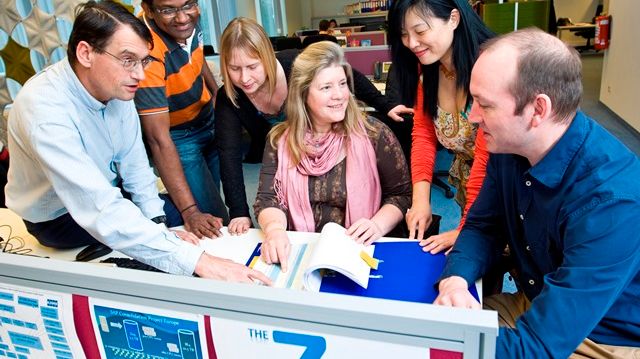
On the occasion of World Day against Trafficking in Persons we invite you to download or order our publication on Regulation of labour market intermediaries and the role of social partners in preventing trafficking of labour.
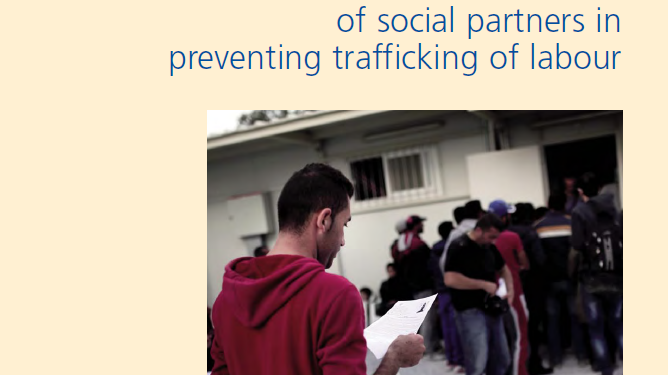
Labour market slack is the shortfall between the volume of work desired by workers and the actual volume of work available. The aim of this report is to develop a more nuanced estimate of labour slack using EU Labour Force Survey data, which allows involuntary part-timers and inactive people with some labour market attachment to be identified and quantified.
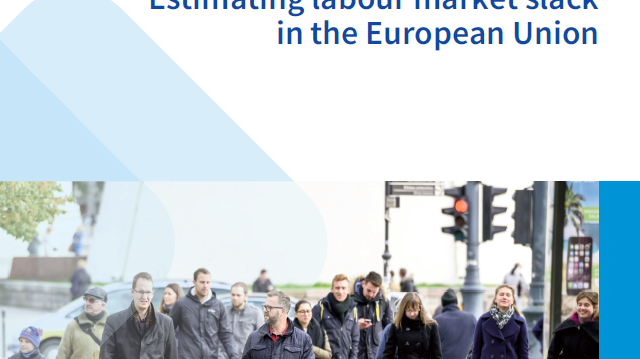
This report examines developments in non-standard employment – temporary, temporary agency and part-time work and self-employment – over the last decade. It shows that the significant increase in the temporary employment rate between the late 1980s and the early 2000s has been halted and replaced by a slight decline from 14.5% in 2006 to 14.2% in 2016.
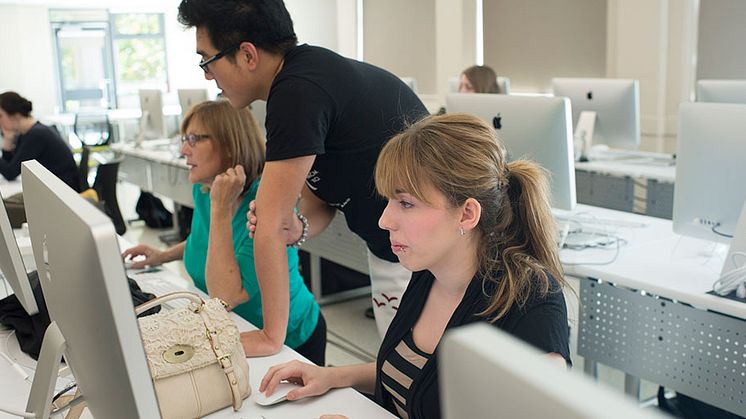
The Foundation Forum 2017 on 14-15 November will bring together up to 200 experts, policymakers, employer and worker representatives, national governments, thinkers and practitioners in Dublin Castle to hammer out the issues around upward convergence as a common goal of social convergence in living and working conditions in the European Union.
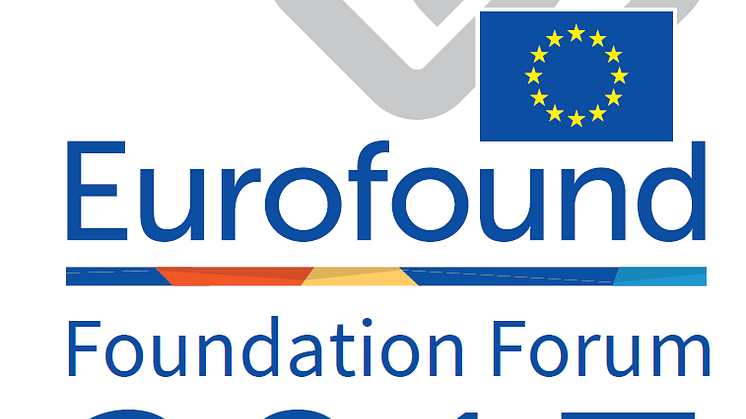
The Great Recession has had significant and lasting effects on European labour markets, with a big drop in employment levels, which are yet to recover in many countries almost a decade later. It also affected the employment structure, accelerating structural change and generalising a pattern of job polarisation across Europe, in which employment in mid-paid jobs declined more than in jobs at the t
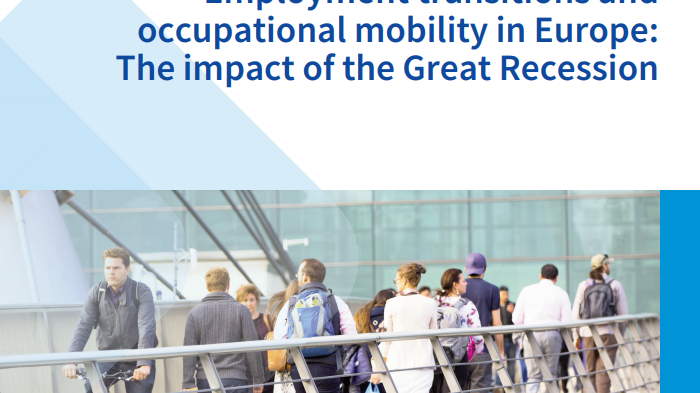
The EU’s population and workforce are ageing. This has implications for employment, working conditions, living standards and welfare. How should we respond to these challenges?
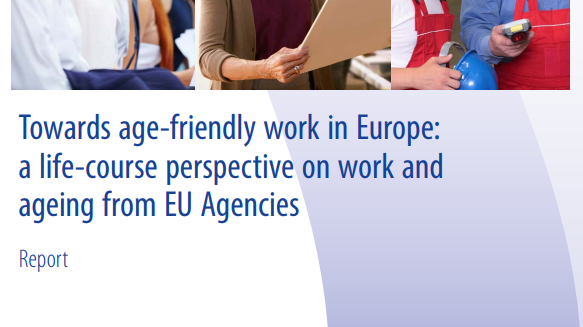
Employment in the EU has returned to the same level as before the global financial crisis: the recovery that began in 2013 has resulted in the net creation of eight million new jobs, with most of this new employment being created in services, as well as a significant increase in the manufacturing sector.
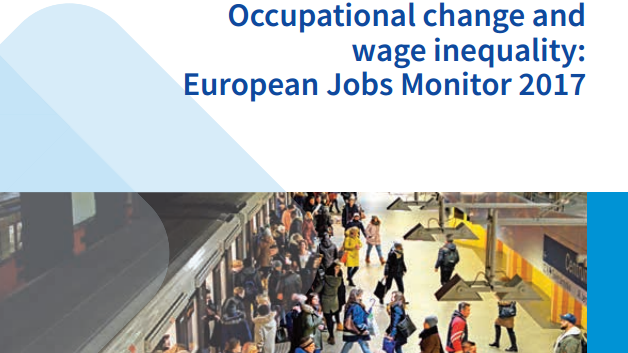
In the follow blog piece, originally posted on Social Europe, Carlos Vacas-Soriano and Enrique Fernández-Macías look at evolution of household disposable real income levels over the period 2004-2013, and the broader phenomenon on Europe's shrinking middle class.

New report http://bit.ly/innovchange exploring links between innovation, company performance and workplace well-being in European companies
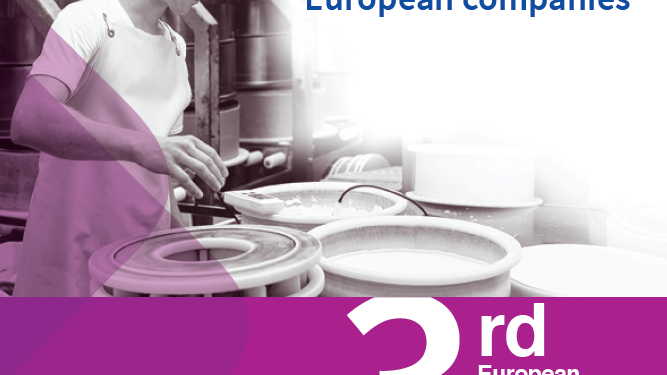
On the occasion of Word Refugee Day, Eurofound Research Manager Kára Fóti looks at the difficulties that refugees and asylum-seekers face in finding work and opportunities in Europe.
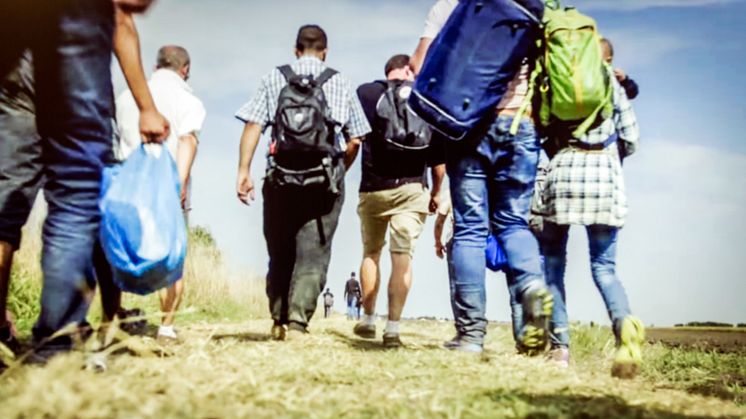
Eurofound organises the third Regional Industrial Policy Seminar 3: Internationalisation policies for a future oriented regional manufacturing sector in Shannon, Ireland, on 12-13 June 2017

In the following blog piece, originally posted on Social Europe, Eurofound Head of Information and Communication Mary McCaughey takes a look at what it was like to live and work in Europe in 2016.
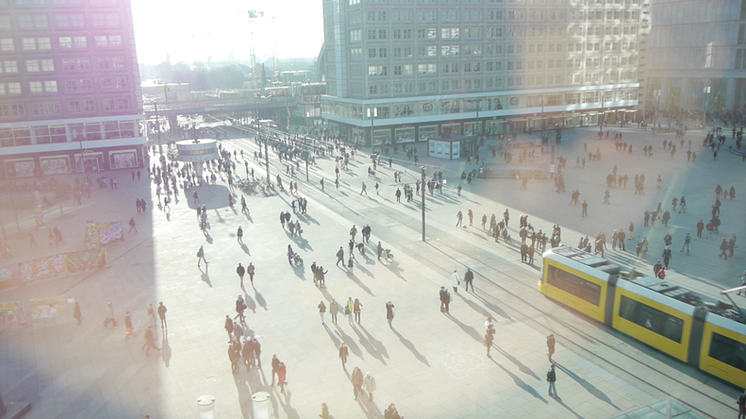
2016 was a landmark year for Europe, both politically and economically. Eurofound's 2016 yearbook shows the latest developments in the work and lives of Europeans, describing trends and transitions in the areas of employment and jobs, workplace practices, working life and quality of life.

17 May is International Day against Homophobia, Transphobia and Biphobia #IDAHOT, aimed at raising awareness of LGBT rights violations and stimulating interest in LGBT rights work worldwide.
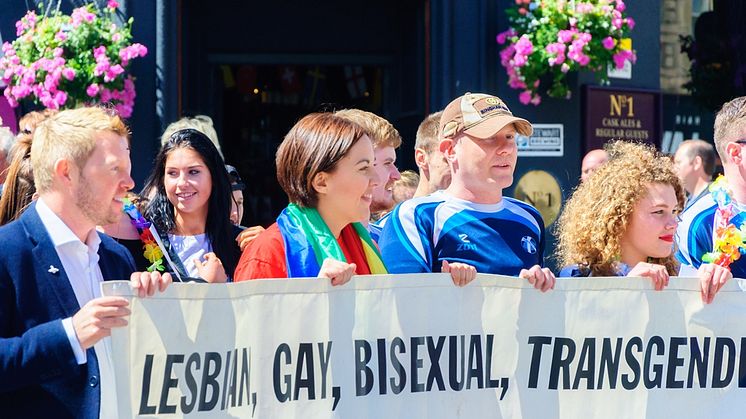
On the occasion of International Day of Families we invite you to download or order our publication Families in the economic crisis: Changes in policy measures in the EU.
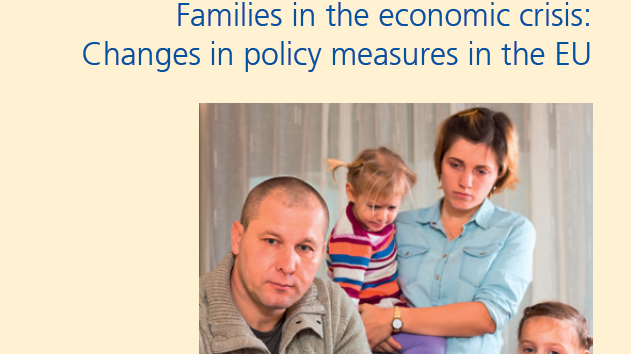
International Day of Families on 15 May is a day that focuses on the role of families and family-oriented policies in promoting education and overall well-being of their members. Eurofound presents an overview of its research and policy pointers in family-oriented policies contributing to better living conditions and well-being in Europe

Europe Day 2017: Eurofound staff explains what Europe means to them to commemorate the 60th Anniversary of the Treaty of Rome #EU60
